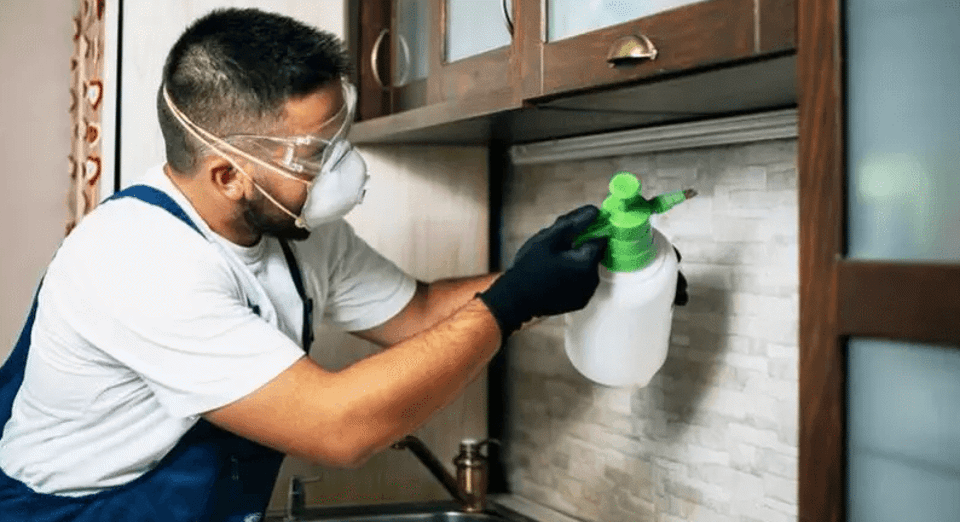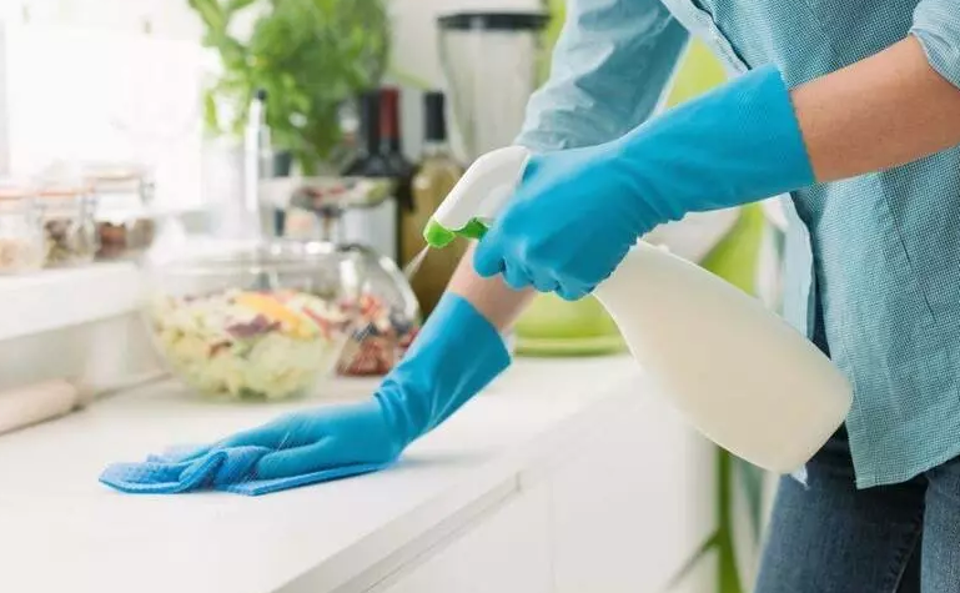Studies have shown that consumers are willing to pay a premium price for eco-friendly products and services, prompting some businesses to tout themselves as green companies. This is particularly true in the pest control industry that has long been criticized for using environmentally damaging products.
But is it possible to treat pest infestation with environment-friendly products?
Rocklin Pest Control, one of the leading pest control services in Rocklin, says that there are green products and natural pesticides available on the market today that can treat infestations.
But even with the use of natural pesticides, Rocklin Pest Control highlights the importance of using the least amount enough to control the infestation and only applying them to affected areas (or plants) to minimize the impact on beneficial insects like bees and ladybugs.
Neem oils
This broad-spectrum insecticide is ideal for targeting termites, aphids, mealybugs, leaf miners, whiteflies, loopers, and thrips. It is derived from the Neem tree, which is native to India.
Compared to standard pesticides, neem oil is far safer because it is generally non-toxic to mammals and breaks down quickly. Nonetheless, it remains ideal to spray it only on the affected plants or areas to minimize damage to non-target insects.
Baits with “palatable” chemicals
Bait systems contain chemicals that attract their target insects. For instance, there is a baiting station that specifically attracts termites that feed on its chemical and brings it back to their nest, killing the entire colony within days.
Insecticidal oils
They kill the target pests by coating their body with a petroleum-based liquid that cuts off their oxygen supply. These oils have also been found to be effective in killing eggs and immature stages of insects.
Insecticidal oils have a less environmental impact than most standard insecticides because they break down quickly and are less toxic to beneficial insects.
Rat traps
Rat traps are a great alternative to rat poison, which comes with multiple risks such as accidental ingestion (pets and small children). Another risk is that the poisoned rat may spread disease after being eaten by other animals.
Sticky boards and papers
Also called glue boards, they can catch a wide variety of house pests, including mice, flies, and other insects. Because they don’t use chemicals, they are generally seen as a more eco-friendly alternative to insecticide sprays and poison.
Diatomaceous Earth
This is a powder derived from the microscopic silica shells of algae. It kills soft-bodied pests like ants, cockroaches, root maggots, and fleas by damaging their cuticles, resulting in dehydration and eventual death.
Diatomaceous Earth is commonly sprinkled in hard-to-reach areas like the moist corners of sink cabinets. It can also be applied to the plant foliage and soil.
Insecticidal Soaps
This pest control treatment targets soft-bodied pests like mealybugs, whiteflies, aphids, earwigs, scale bugs (in their early stages), and thrips. These “soaps” kill pests by penetrating into their outer shell, causing them to become dehydrated and weak.
While insecticidal soaps are non-toxic to humans and small mammals, it remains ideal to apply them sparingly and only to the affected areas to reduce the impact on beneficial insects.
Microbial Insecticides
These insecticides (e.g., Bacillus thuringiensis) are not harmful to beneficial insects and mammals. They are ideal for targeting cutworms, hornworms, and cabbage loopers.




